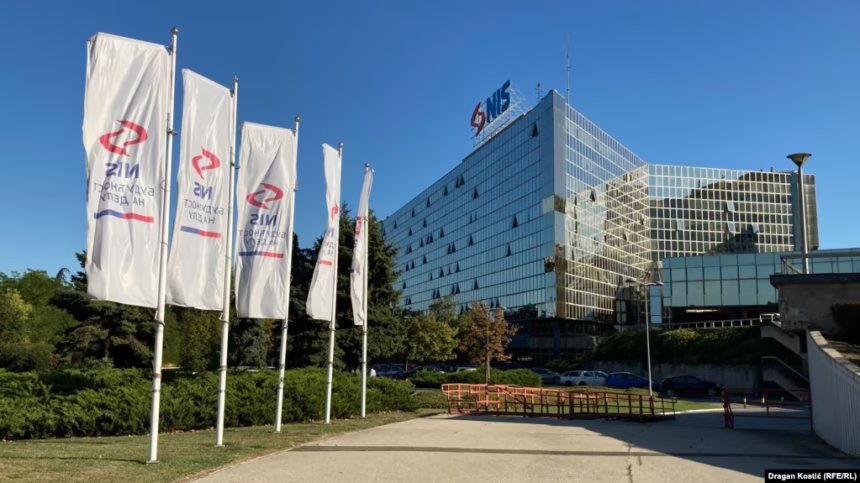Serbia is approaching a critical moment as the country faces the potential shutdown of the Pančevo oil refinery, owned by the Petroleum Industry of Serbia (NIS), which is under U.S. sanctions due to its Russian ownership. President Aleksandar Vučić announced on 25 November that Serbia has just four days left before the refinery stops operating, a scenario that could trigger significant economic and energy-related consequences.
The Serbian government is currently waiting for the United States to approve a special license that would allow NIS to continue operating while negotiations continue on changing the company’s ownership structure. Without this license, the refinery will effectively lose access to crude oil supplies.
NIS confirmed on 25 November that it has begun preparations to halt refinery operations, a step that will also impact HIP Petrohemija, which relies on the refinery for its production processes.
Vučić claimed he suggested giving Russia an additional 50 days to find a new buyer for NIS, although analysts note that the government’s years-long political and economic dependence on Moscow has placed Serbia in this vulnerable position.
Energy expert Miloš Zdravković told RFE/RL that a refinery cannot simply be “turned off at the push of a button.” Modern facilities require stable throughput, and operating below 40–60 percent capacity becomes unsafe without consistent crude supply.
A shutdown would force Serbia to rely entirely on importing refined petroleum products, leading to higher fuel prices, increased inflation, and deeper economic instability.
The U.S. sanctions against NIS—delayed eight times before finally taking effect on 9 October—aim to prevent Russia from using energy revenues to finance its war in Ukraine. NIS remains majority-owned by Russian companies, while Serbia holds just under 30 percent of the shares.
Economic Repercussions
Vučić warned that restarting the refinery after a shutdown would take at least 20 days, and long-term inactivity could cause corrosion, equipment damage, and a drastic shift in operating costs, as the facility would consume large amounts of electricity even while idle.
Zdravković added that shutting down the refinery would halt petrochemical production, including key materials like asphalt, bitumen, and polyethylene components used in construction and industry.
Fuel prices would rise, inflation would accelerate, and Serbia’s trade deficit would widen due to increased oil imports.
Vučić also acknowledged potential disruptions to essential services—healthcare, emergency services, electricity production, district heating, and food supply chains—if NIS cannot continue supplying fuel.
He revealed that the U.S. has warned the National Bank of Serbia and commercial banks that they risk secondary sanctions if they continue doing business with NIS. While Vučić claims to have received verbal assurances that Serbian banks will be spared, experts note that such guarantees are far from reliable.
Limited Options Following Years of Government Mismanagement
Vučić stated that Serbia had four opportunities to exercise priority rights to buy shares in NIS—three of them this year alone—but chose not to intervene, citing “fairness” toward Russia. Critics argue that this decision reflects deep political loyalty to Moscow, even at the expense of national energy security.
Zdravković emphasized that Serbia’s current crisis is the direct result of long-term political decisions that prioritized relations with the Kremlin over diversification and strategic planning.
Serbia sold a 51% stake in NIS to Russia’s Gazprom Neft in 2008 for just €400 million, without a public tender—an arrangement widely criticized as one of the most damaging privatizations in the country’s modern history.
Vučić has said that Russian shareholders are negotiating with three potential buyers, though he refused to name them.
Serbia remains one of the only countries in Europe—aside from Belarus—that has refused to join EU sanctions against Russia, despite the geopolitical, economic, and energy risks now coming to the surface.







